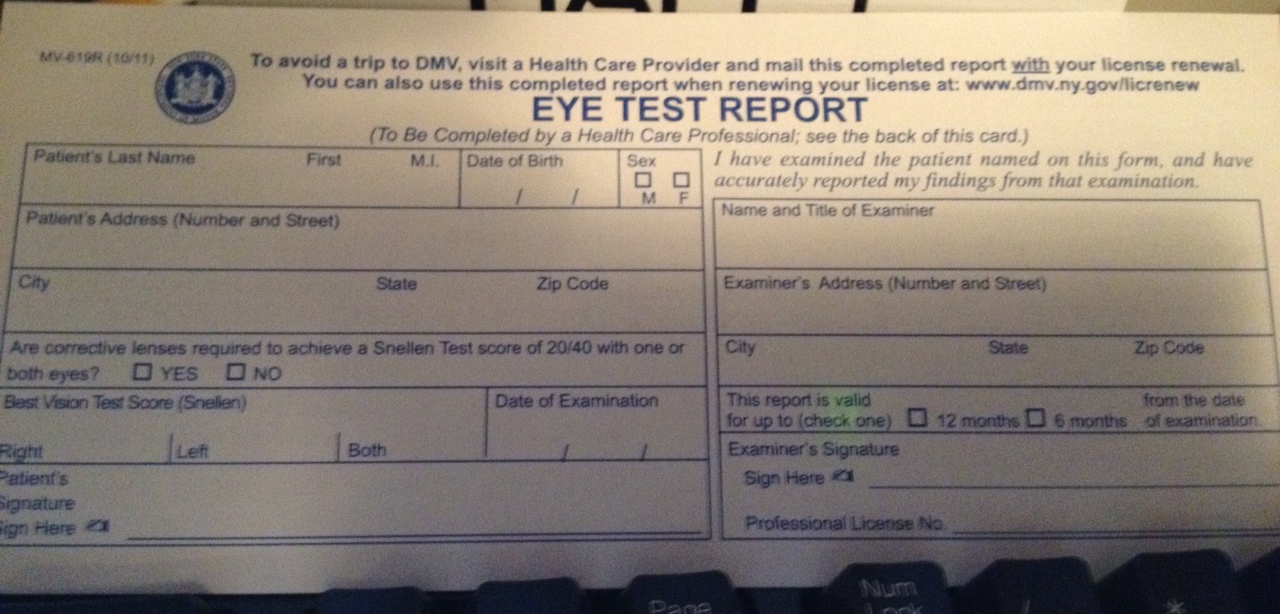The Human Score
I caught this interesting piece on the PSFK site over the weekend, Reebok Platform Lets You Reclaim Your Humanity with Human Score, about a current Reebok marketing campaign and associated 'humanness' quiz. And since I have heard quizzes on the internet might be a thing, I clicked over and spent 5 minutes taking the test to find out my 'human' score, (pic of my result embedded on the right, click to see a giant version if you are so inclined).
According to Reebok, The Human Score is the world’s first test to put a numeric value on one’s ‘humanness,’ and is strategically designed by scientist David McRaney.
McRaney enlisted average people to help define what it means to be human and gathered different responses about generosity, humor, resilience, discipline and other characteristics. The test asks questions in a five-part series of questions aggregated from the collective data, from the type of guest you might mingle with at a party, to your attitudes towards fitness, and even what kind of news headlines might catch your attention.
My 'human' score labels me as a 'Brain Buff', and Reebok says that Brain Buffs "make for a pretty great human specimen. Brain Buffs do more than keep their bodies fit – they actively work to keep their minds sharp. With their curious nature and insatiable hunger for knowledge, they’re always on the go. For Brain Buffs, there is pretty much no end to self-improvement. There is always room upstairs to add more theories, ideas and wisdom. They make it a point to regularly challenge themselves to think big thoughts way outside the box. And they are rigorous thinkers inclined to do their own research and ask questions rather than take information at face value. Smarty-pants Brain Buffs use all their intellectual gifts to help reach their fullest human potential."
I guess some of that is true, I don't know about the 'fullest human potential' part - I probably watch too much basketball for that to be totally true.
Anyway, it is a fun little exercise, as these things go, and good for a 10 minute diversion as you hit the middle of the work week.
If you take the 'human' test, let me know how it goes.
Happy Wednesday.

 Steve
Steve


